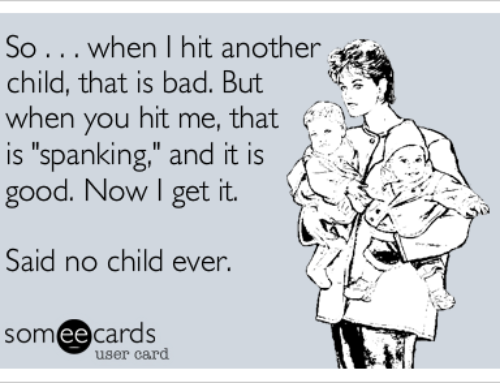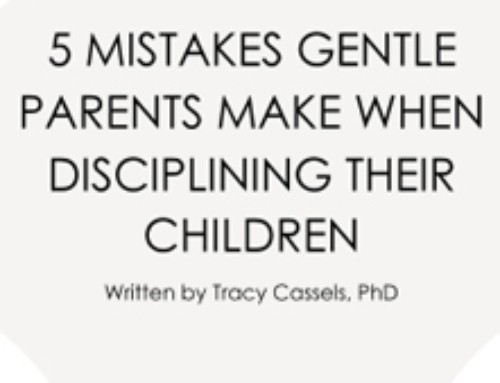
Kids lie. Sometimes a lot. The first step as parents is to understand why kids lie. There are generally five accepted reasons for the various types of lies they tell:
- They want to avoid getting into trouble.
- They are engaging in wishful thinking of things they want and saying it can feel like it might be true.
- They are confused or are too spontaneous in their response so aren’t thinking about the actual truth.
- They want to please us adults.
- They are testing it out as a new behaviour to see what will happen.
Depending on the situation and the reason for lying, we have to accept that at this starting point, it’s not malicious. This is important because we can often get upset or frustrated with kids when they lie and that just feeds reason #1 to lie more. Yes, the more upset we get, the more we make it clear they should lie, feeding this negative cycle. Think about yourself and when you lie – sometimes it’s to avoid getting into trouble and sometimes we do it to please people. Most of the time we aren’t trying to be assholes, and neither are our kids.
So instead of getting mad or upset with them, or even focusing on the lying itself, I recommend the following actions to try and help our kids – and our sanity about it – to end the lying behaviour:
- Read books about honesty. There are many books on topic that talk about this without shaming characters or making kids feel bad. These are the books you want your kids to be exposed to. Make sure to read them with them and have the kids given their ideas as to why the character lied and what they could do instead. If you need to, tell them how you would react to the truth being told so they learn you won’t get mad and they can avoid that struggle.
- Show them you value honesty. This means openly thanking each of them when they are honest about something and thank other people when they are honest about mistakes. It can be helpful to set up some situations where you have someone (an adult) make a mistake and you ask them about it in front of the kids so they can see the adult tell the truth and you thank them for telling the truth. This can ease that fear of getting into trouble.
- Don’t ask when you know they haven’t done it. Sometimes we set kids up to lie by asking when we know the truth. If you know what they did, don’t ask, but point out what was done. It’s not fair to them to put them on the spot like that. And if you don’t know, but suspect, you still have to trust the answer they gave in the moment. They may come back and be honest in a bit (we’ll get to this), but don’t bully them into telling you what you suspect if you’ve genuinely asked.
- Don’t focus on the lying. It sounds weird, but too often we focus on the lie instead of the action it’s covering up. The more we work towards problem solving the action, the less our kids feel the need to lie.
- Problem-solve solutions. When you know what was done, you can work to solve the problem instead of focusing on lying. This means if your child hasn’t washed his hands, instead of asking if he has, you can say, “I see you haven’t washed your hands, how can we fix that? Which sink would you like to use to wash your hands?” This keeps the lying out of it and works to help them solve whatever problem is there.
- Delve into their pretend play world. When they come up with tall tales about what happened (e.g., I did wash them but you couldn’t see OR I didn’t hit her, the dragon came and did it), go into that world with them and explore it. First you can learn a lot about how they are perceiving the actions and might get an idea as to why they are lying. This is important because many kids base their impressions and ideas of the truth on intent, not action. This means if they didn’t mean to hit a child, but did, they will deny doing it. This is also why they tend to believe others meant to do something based on the outcome, not the intent. Second, it can be an avenue to problem-solve the situation. So, if your child says a dragon hit the other child, you don’t have to correct him of that – he may actually feel like someone else took over – but then say, “Okay, so a dragon hit your friend and she’s very sad, what can we do to help make it better?”
- Create alter-egos. There’s a new line of research that children who practice being a superhero that can do what they struggle with (like tell the truth) do better at that very activity if they are pretending to be that superhero. So if you create super truth man or something like that and they play it regularly, when you have a situation where he’s lying, you can say that you think you need that superhero to come help with the situation. When he arrives you thank him and have him tell the truth about what happened so you can get to problem solving.
- Give them time to change the answer. Sometimes our kids lie instinctively. We then react to this without giving them the chance to correct it. If you can give them a moment (or 10) to think about it, they can come to the idea of what the truth was themselves. This can happen naturally when you don’t focus on the lie and instead focus on the problem-solving. Once the problem is solved, they may be more able to acknowledge the lie and then you can thank them for being truthful – showing them you really value that.
- If it’s a lie to please us (like trying to build themselves up) then you want to allow it, but then reinforce how much you love them even if they didn’t do X, Y, or Z. They need to be reminded that your love is not conditional and you love them as they are.
Above all else, remember that lying is often either a normal developmental stage or a reflection of underlying struggle. You don’t need to think it’s the end of the world.






Leave A Comment